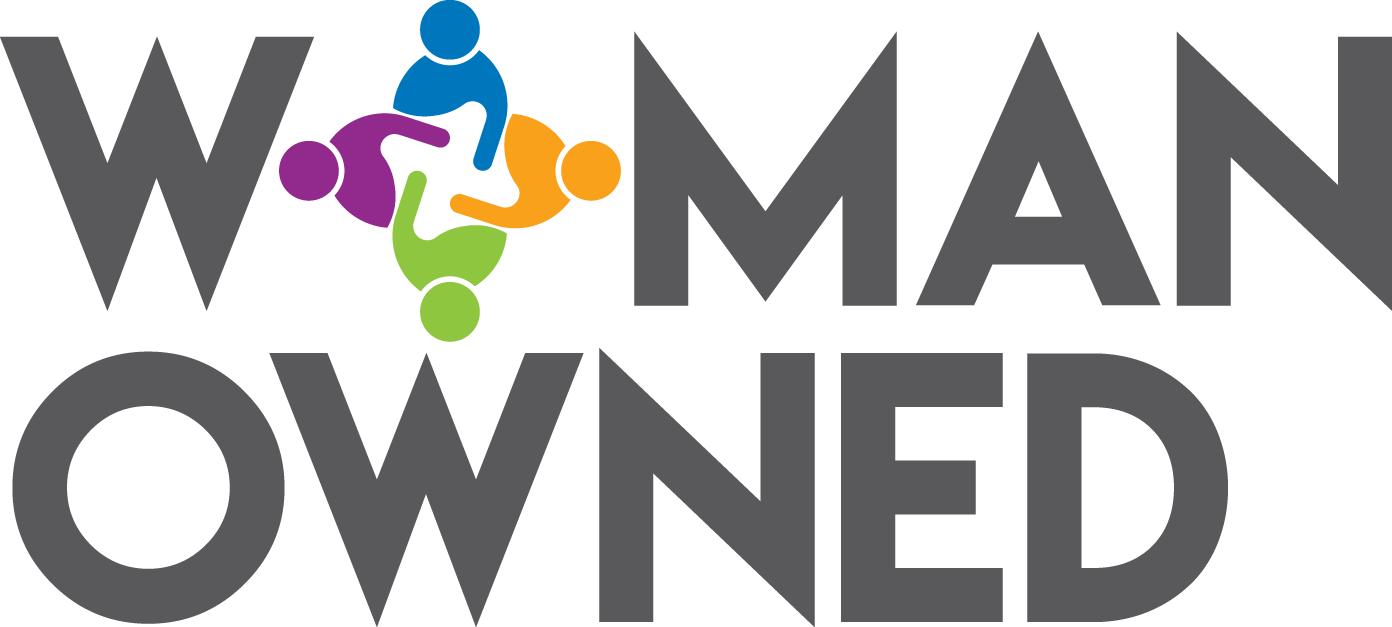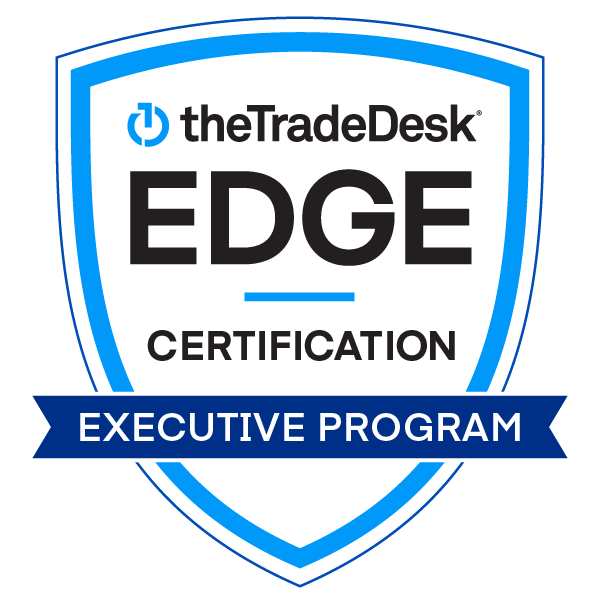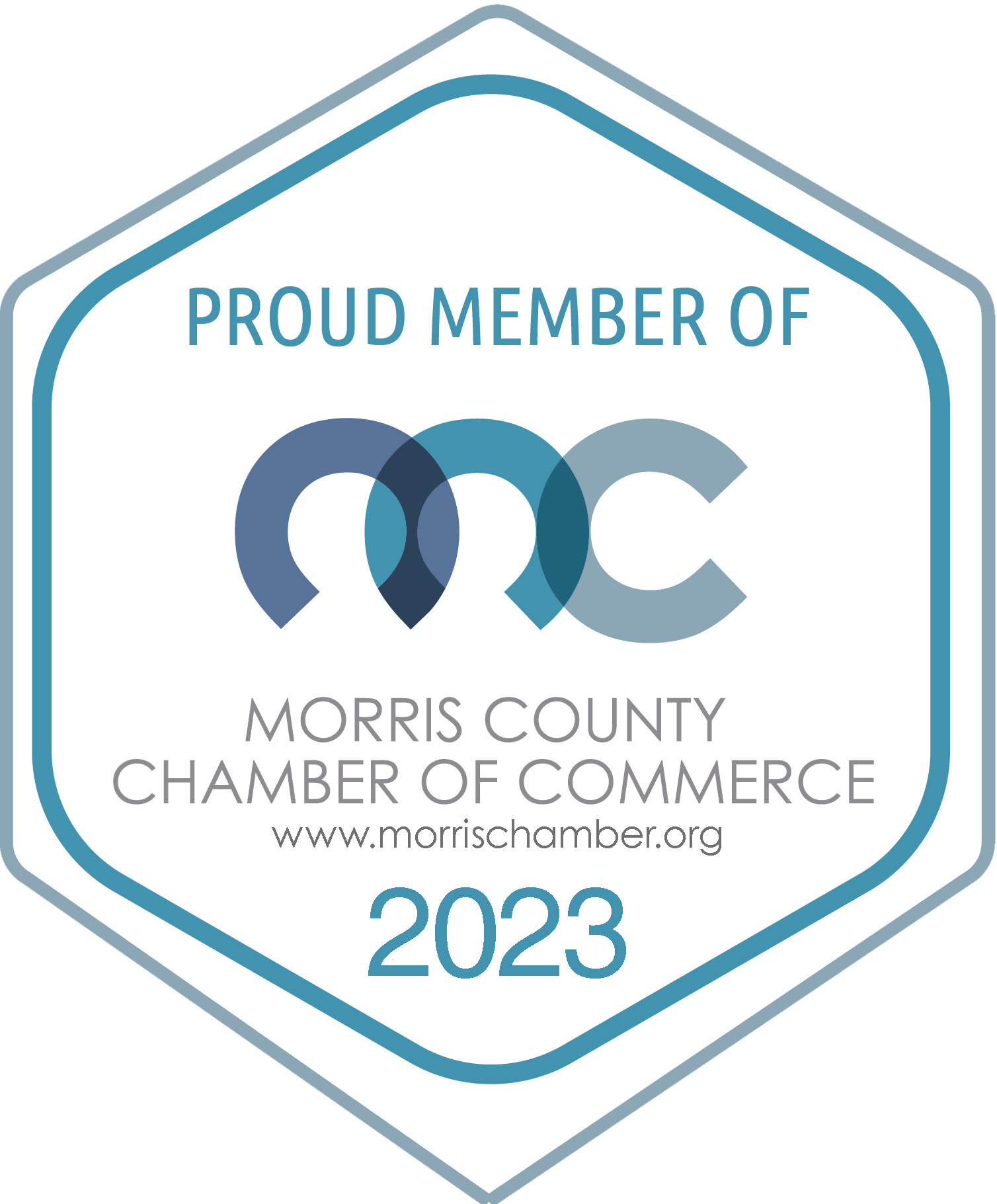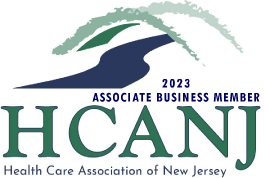
Targeting talent can be a multifaceted concept. It can mean precision, broad grouping, or envisioning an ideal end result. However, one thing is clear: without a well-defined target, especially when it comes to attracting talent, your efforts and resources may not yield the desired results.
In today’s digital age, where talent interacts with media, content, and other forms of engagement in unprecedented ways, it’s crucial to move beyond traditional guesswork. We now have more insights than ever into candidate behaviors, including what they consume, how they engage, and when they are online. This knowledge offers a powerful advantage in crafting meaningful outreach.
Gone are the days of vague targeting. While broad branding and general social content can still play a role, when you’re seeking a specific skill set or audience, it’s essential to do your homework. Understanding your target demographic opens up numerous opportunities to position your message, brand, and opportunities precisely where they will be most effective.
Instead of relying on assumptions about where your audience might be, flip the script. Identify your ideal candidate first, then find them online. Avoid the “post and pray” approach. When targeting talent utilize a variety of resources and targeting tactics to ensure your outreach is as effective as possible:
- Contextual Targeting
- Behavioral Targeting
- Cross-Pollination Targeting
- Interest, Title, Competitor Targeting
- Lifestyle Targeting
- Life Event Targeting
- Lookalike Audience Targeting
- In-Market / Out-of-Market Targeting
- Search Activity
- Demographic Targeting
- Geographic Targeting (including Geofencing & Geofarming)
- Retargeting/Remarketing (for those who have previously engaged)
The key is to leverage your knowledge about your ideal audience to precisely target across their digital footprint. Ensure that your efforts—whether they are ads, branding, messages, or social content—are hyper-focused and intentional.
Naturally, targeting is a crucial step in the process. However, it’s equally important to ensure that your messaging, candidate experience, and measurement efforts are up to par. Effective targeting alone isn’t enough; you must also focus on crafting a compelling message, optimizing the candidate’s experience, and rigorously tracking your results. This ensures that not only are you reaching the right talent, but you are also successfully engaging and attracting them.
In conclusion, while it might be tempting to rely on a single source or approach, the digital landscape can be overwhelming and complex. To attract the right talent and stay competitive, it’s essential to approach your strategy with effort, an open mind, and a willingness to adapt. If you lack the resources, support, or expertise to implement such strategies effectively, seek professional help—it will pay dividends in the long run.
















